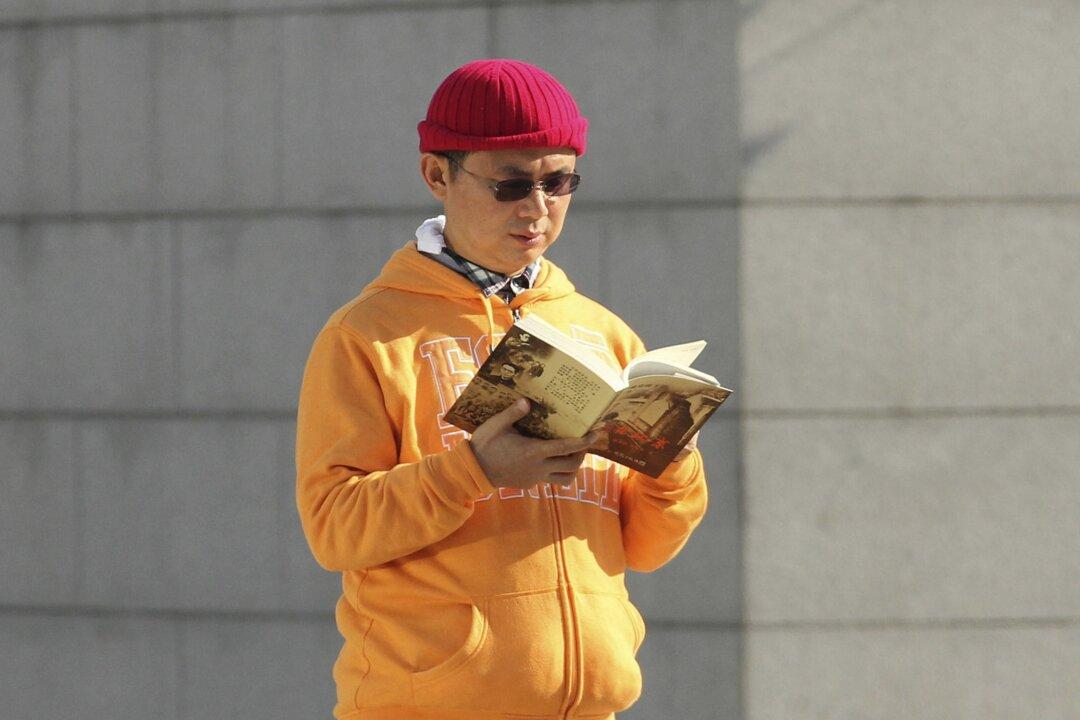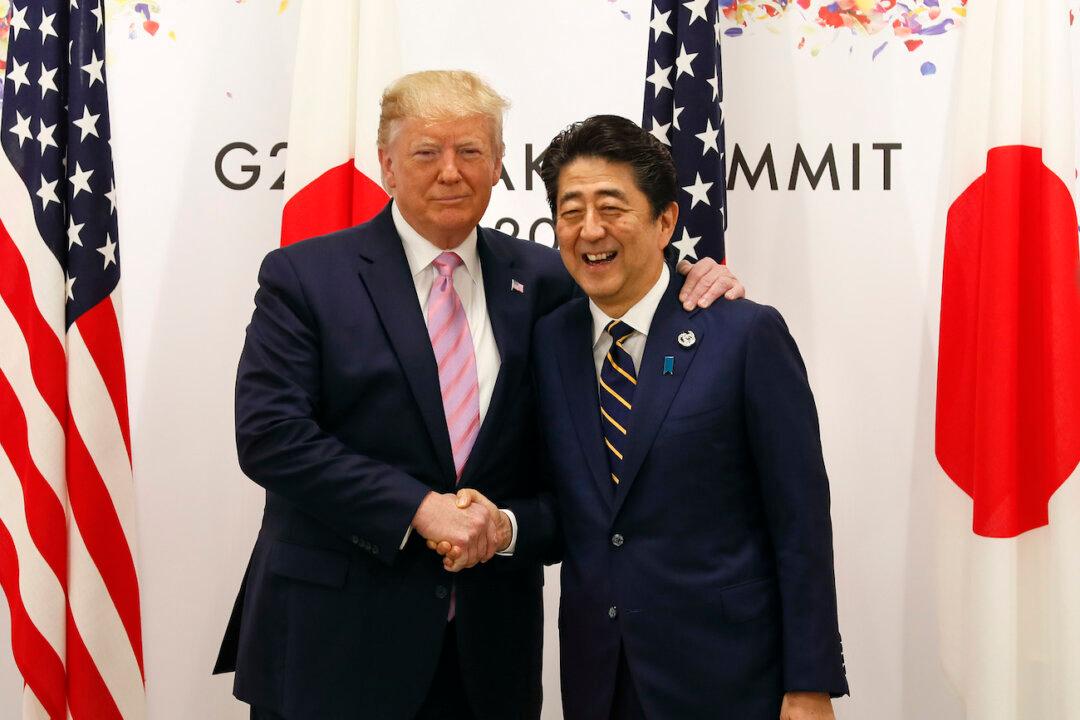The Chinese Communist Party (CCP) has stepped up tech collaboration with eastern European and central Asian countries within the framework of the Belt and Road Initiative (BRI), according to leaked government documents The Epoch Times recently obtained from a trusted source. An analyst believes this is an attempt to counter the West’s attempts at limiting transfer of intellectual property to China.
BRI is Beijing’s foreign policy project to build political influence via investing in infrastructure projects throughout parts of Asia, Europe, and Africa.





